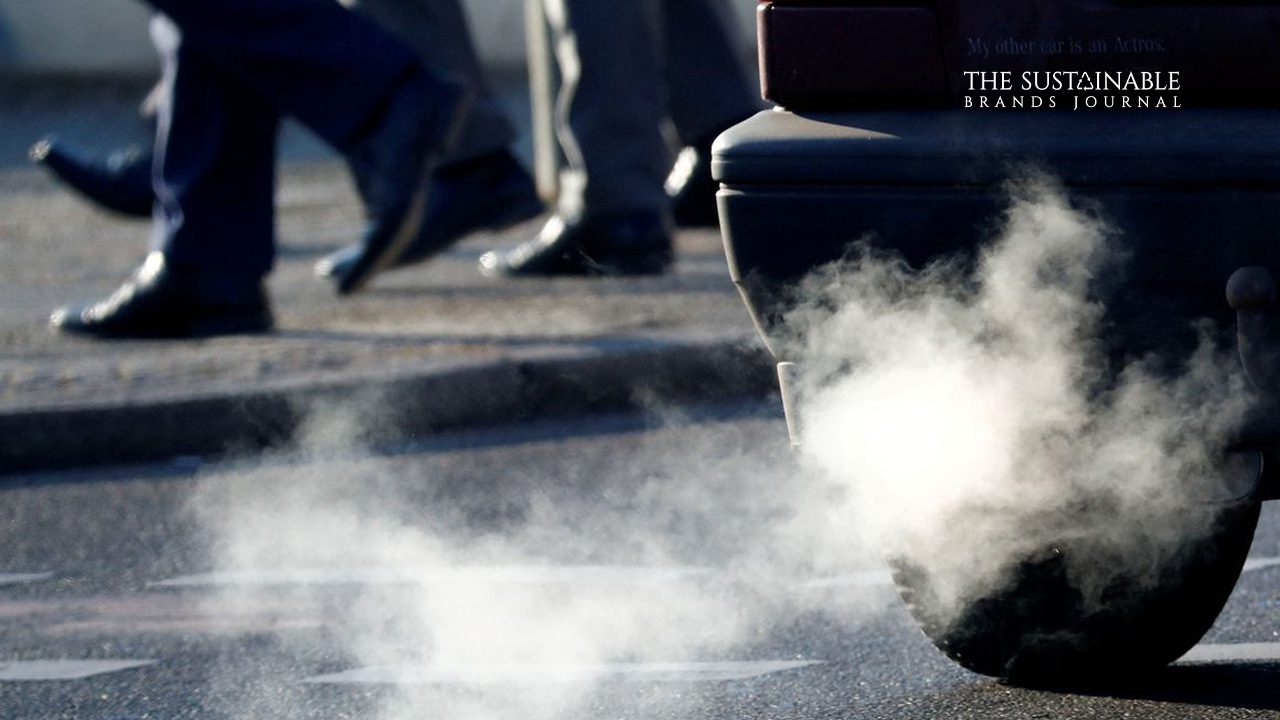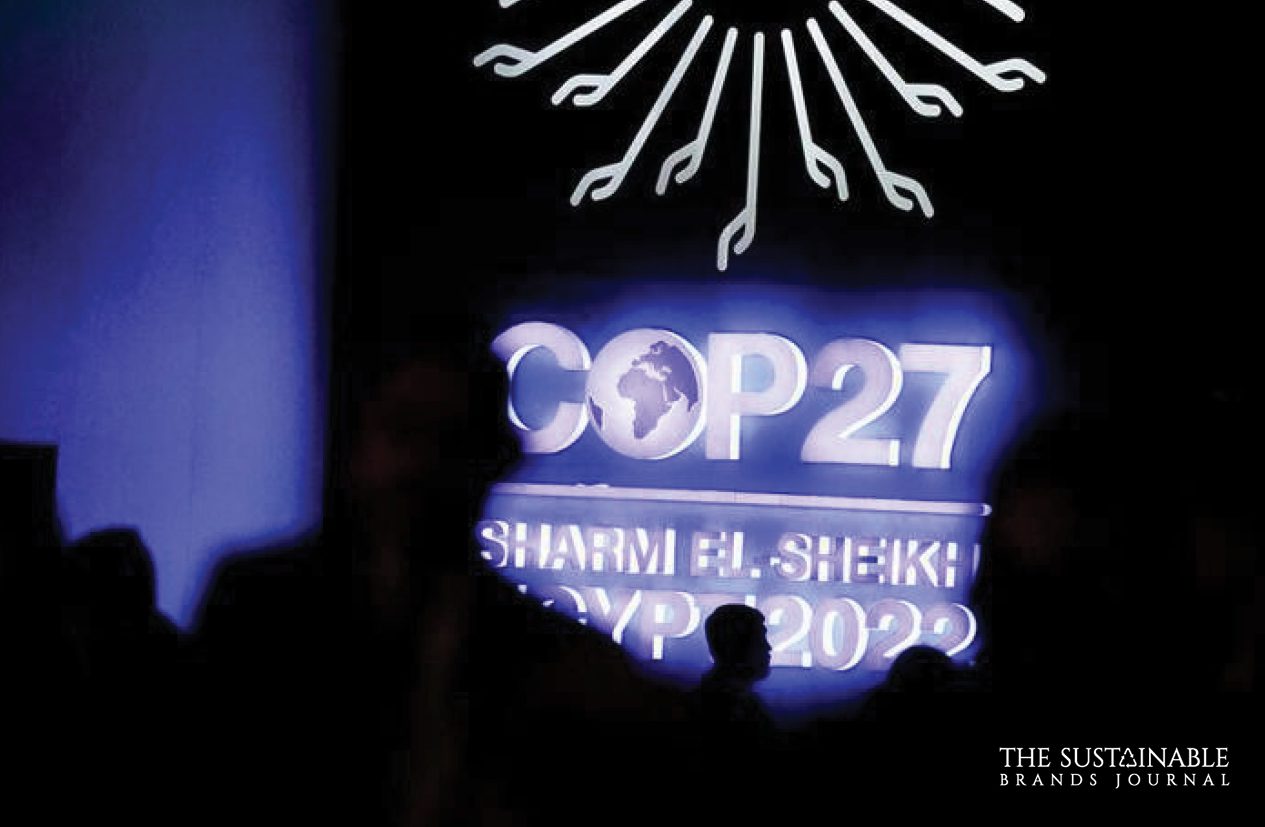
Germany opposes EU law to end sales of CO2-emitting cars in 2035
E-fuels as an alternative to fossil fuel-powered cars
What are E-fuels?
- E-fuels are synthetic fuels made by capturing CO2 emissions and combining them with hydrogen produced using renewable or CO2-free electricity.
- E-fuels include e-kerosene, e-methane, and e-methanol.
E-fuels vs Battery-electric vehicles
- Most major carmakers support battery-electric vehicles as the main route to cut CO2 emissions from passenger cars.
- Suppliers and oil majors defend e-fuels, as well as some carmakers who don’t want their vehicles weighed down by heavy batteries.
Can E-fuels clean up cars?
- E-fuels can be used in today’s ICE vehicles and transported via existing fossil fuel logistics networks.
- Supporters say e-fuels offer a route to cut the CO2 emissions of our existing passenger car fleet, without replacing every vehicle with an electric one.
- Critics highlight that manufacturing e-fuels is very expensive and energy-intensive.
- Using e-fuels in an ICE car requires about five times more renewable electricity than running a battery-electric vehicle.
Germany’s opposition to the EU law
What is the EU law?
- The EU law requires all new cars sold from 2035 to have zero CO2 emissions, making it effectively impossible to sell new fossil fuel-powered cars.
- The law would not ban internal combustion engines (ICEs), but it is seen as a death knell for the technology because of a dearth of options that could enable ICE cars to operate without producing CO2.
Why does Germany oppose the law?
- Days before the final vote on the EU law, German Transport Minister Volker Wissing called into question Germany’s support for it.
- Germany and Italy want clearer assurances from the EU that sales of new ICE cars can continue beyond 2035, if they run on CO2-neutral fuels.
- Alongside Germany and Italy, countries including the Czech Republic and Poland have expressed concerns about the law, raising the possibility of enough support to block it.
What do companies want?
- Big auto component suppliers in Germany such as Bosch, ZF and Mahle are members of the eFuel Alliance, an industry lobby group, as are oil and gas majors from ExxonMobil to Repsol.
- Carmakers such as Piech, Porsche, and Mazda are broadly supportive of the technology.
- Porsche holds a stake in e-fuel producer HIF Global.
- BMW has invested $12.5 million in e-fuel startup Prometheus Fuels, while also investing billions in battery-electric technology.
- Other carmakers including Volkswagen and Mercedes-Benz are betting on battery-electric vehicles to decarbonize.
- Volvo and Ford this week urged EU countries not to row back on the 2035 phaseout of new petrol and diesel cars.
What’s next for the EU law?
The European Commission’s proposal
- In response to Germany’s opposition to the EU law, the European Commission has drafted a proposal to allow carmakers to register new cars in the EU that can run on climate-neutral e-fuels only.
- The draft proposal said vehicles must use technology that would prevent the car from starting if it used non-carbon-neutral fuels.
- An EU official told Reuters any new proposal would be made only after countries approve the combustion engine phaseout.
- Germany’s Transport Ministry said it was examining the draft proposal.
The future of the EU law
- Germany’s opposition to the EU law has put one of Europe’s core climate change policies on hold.
- Other

Prachi, an accomplished Chief-Editor at The Sustainable Brands Journal, has 15+ years of experience in Europe, the Middle East, and India, managing 90+ global sustainable brands. She’s a prolific writer in sustainability, contributing to various publications. Prachi’s unwavering passion and expertise make her a recognized authority, driving positive change and inspiring a sustainable future.





